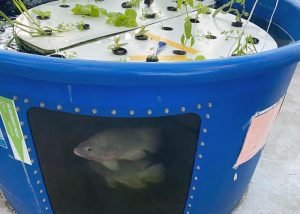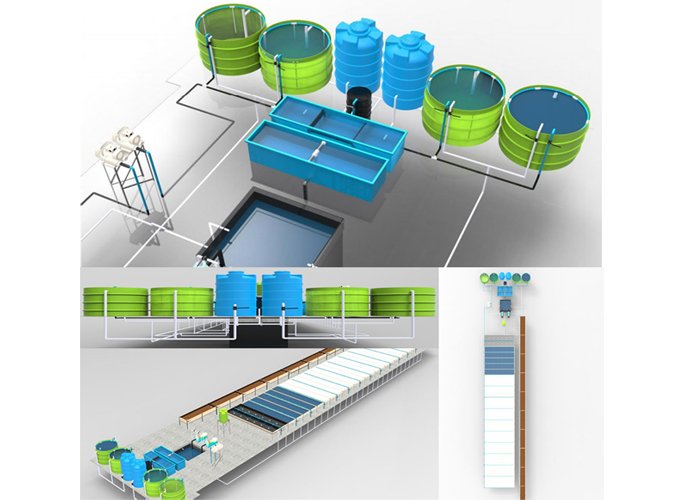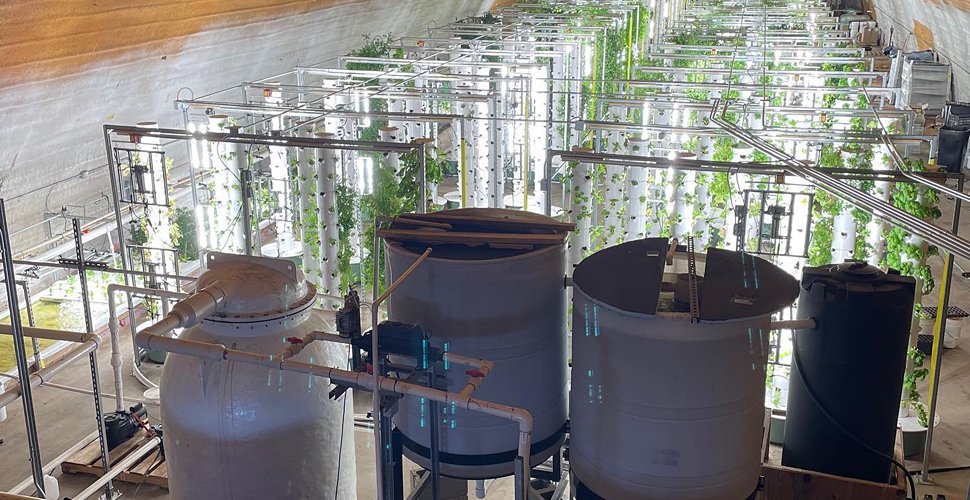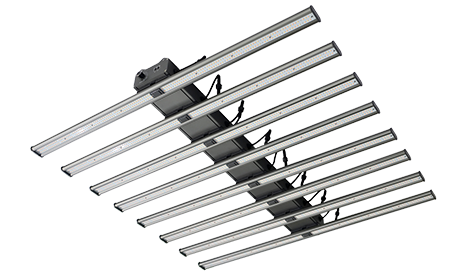I was browsing Quora yesterday and found this interesting question that caught my attention and wanted to share the details with you.
A user asked: Would vertical farming work if we created a mini-ecosystem within the vertical farm? For example, could we grow plants with fish below them? The fish waste would put nutrients in the water, and the fish could eat a portion of the plants.
And I recalled that a customer from West Africa asked me a similar question last month.
- Can hydroponic towers be connected to an aquaponics system and circulate the water from the fish tanks?
- If we could use the water from the fish tanks instead of buying a hydroponic fertilizer mix. In that case, we would connect the towers to the aquaponics system and use that as the source of water.
If you want to provide nutrients to the plants through the feces produced by the fish, and in turn, the plants help the fish purify the water. Keep reading.
Connections are possible, but only as a source of fresh water. I am afraid the water in the tank does not have enough nutrients to support a larger tower farm.

You know, maintaining the proper balance in the system is crucial. Monitoring the water quality, pH levels, and nutrient concentrations is important to ensure the well-being of both the fish and the plants.
If the nutrient levels are not balanced or the water quality deteriorates, it can affect the general well-being of the system.
To your tank, it’s necessary to consider whether the nutrition is sufficient for the number of plants you have.
It seems a question of whether there are enough inputs (food for fish and worms) to create enough output (fertilizer) for significantly extra crops to feed plants, especially fruiting plants.
Nutritional Sources of Aquaponics
In aquaponics, fish excrement serves as a source of nutrients for plant growth, primarily in nitrogen, phosphorus, and potassium. However, the feasibility of using fish waste to fertilize fruiting plants depends on several factors:
- Fish Stocking Density. The more fish you have in your system, the more fish waste you can potentially generate. The stocking density should be appropriate for the size of your aquaponics setup.
- Fish Species. Different fish species produce varying amounts of waste. The tilapia produces more waste compared to others. Your choice of fish can influence the nutrient content of the water.
- Biofilter Efficiency. The biofilter in your aquaponics system is responsible for converting ammonia (from fish waste) into nitrites and nitrates, which are usable by plants.
- Plant Types. Fruit-bearing plants have higher nutrient requirements compared to leafy greens. You’ll need to choose fruiting plant varieties that are suitable for your aquaponics system.
- Nutrient Testing. Regularly monitor the nutrient levels in your system to ensure they meet your plants. Adjustments may be necessary to maintain proper nutrient balance.
- pH and Water Quality. pH levels can affect nutrient availability to plants. Ensure that your system maintains a suitable pH range (usually around 6-7) to optimize nutrient uptake by plants.
Can It Be Done in A Hydroponic Tower?
Returning to the question from my customer: Can the hydroponic tower be used for an aquaponics system?
I didn’t give him a 99.98% yes. Because it’s a big challenge for aquaponics starters. As a responsible manufacturer, it is my duty to refrain from promoting any product without a thorough understanding of your plans.
At our company, we’re not just here to sell you equipment and call it a day. We genuinely care about your success and want to make sure that our equipment helps you thrive.
Challenges in Aquaponics Towers
Using hydroponic towers as part of an aquaponics system is technically feasible. However, you should know the challenges of integrating aquaponics with towers primarily designed for hydroponics.
The economic challenges of an aquaponic tower farm seem significant. Hydroponic towers typically do not include biological filters, essential in aquaponics for converting fish waste into nutrients the plants need.

Leafy vegetables are more likely to benefit from the combination of aquaponics and hydroponic towers. This approach may be ideal for some tower-shaped plants or leafy greens, as they require fewer nutrients compared to fruiting plants.
As long as the system is well-managed, fish waste can serve as an effective nutrient source for these leafy greens.
Planting fruit-bearing plants in hydroponic towers may pose challenges. Fruiting plants typically have higher nutrient requirements, and aquaponics systems may struggle to provide an adequate nutrient supply for them.
Regardless of the plant type, continuous monitoring of nutrient levels, pH, and water quality is crucial to ensure optimal growth and health. You’ll need to adjust the system to maintain the right conditions. If the plants lack nutrients, you’ll need to supplement them with nutrient solutions, which may not be cost-effective.

Summary
In conclusion, using fish waste as fertilizer for fruiting plants in an aquaponics system is possible. Success depends on proper management, system efficiency, and the specific requirements of the chosen plants.
Consulting experienced aquaponics and hydroponics experts can be helpful to ensure the success of your integrated system. The economic challenges of an aquaponic tower farm may be substantial, and the cost of trial and error can be significant.
However, with the right system design and management, it can become a sustainable and efficient way for fish and fruiting plants to grow harmoniously.
Are you interested in exploring if aquaponics can work in a hydroponic tower? I think it’s a great experiment. If you would like to ask for more information about hydroponic towers, please contact us and visit our website.
Jayes
As a Digital Marketing Manager at AUXGROW, Jayes combines a passion for hydroponic systems and expertise in LED grow lights. With hands-on experience and a deep understanding, Jayes guides you through the world of sustainable cultivation.






